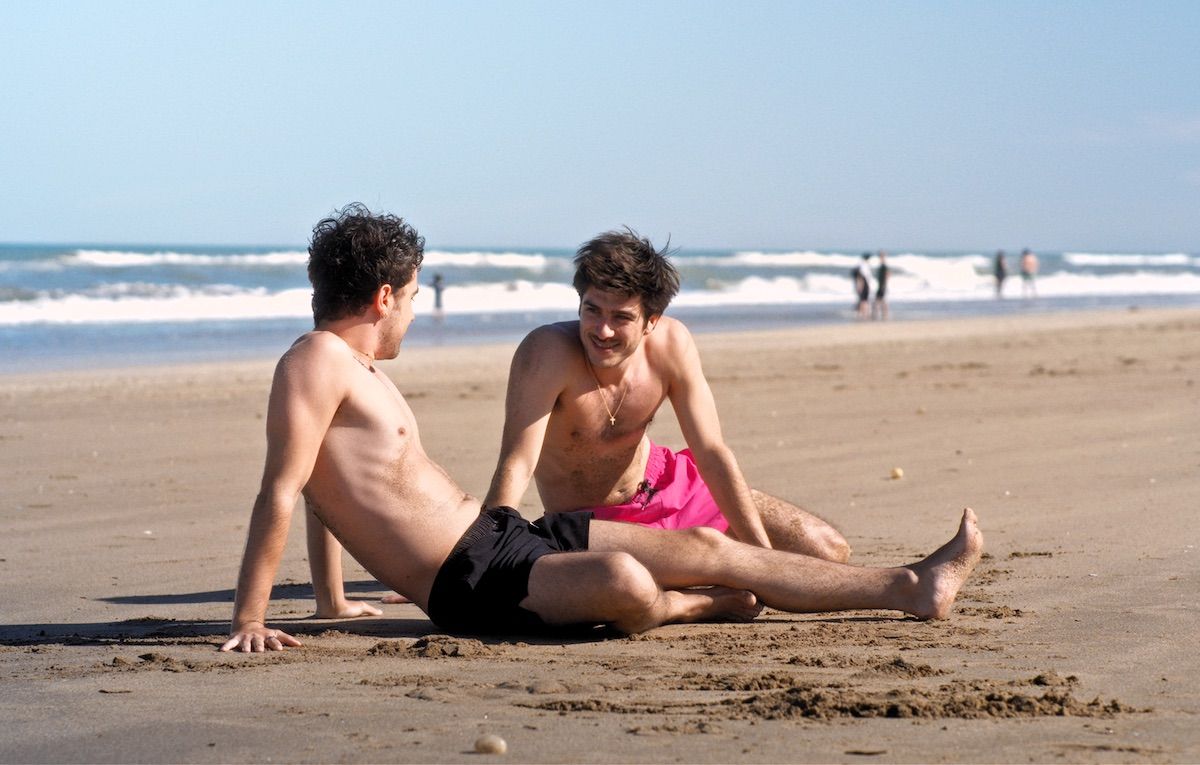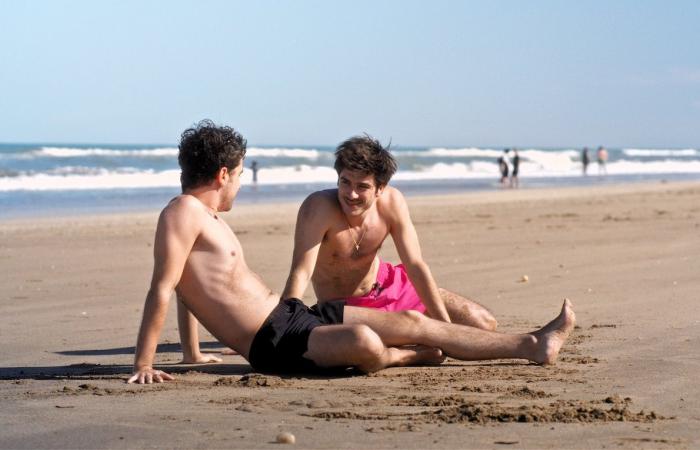At one point, one of the two protagonists says: “Do you know what makes you gay? The desire”. And here is a film that puts precisely this back at the center, after years of cinema in which – don’t get angry: I’m part of the community – homosexuality seemed only pain, trauma, loneliness, more talking than fucking (even today: nothing personal, beloved Andrew Haigh you just gave us the pur beautiful Strangers).
The astronaut’s lover, in theaters from June 20th with Circuito Cinema, reminded me of a very lovely film released in 2000 which was the initiator of that new course (and mine too) then, precisely, interruptus by new, sacrosanct, waves of little joy and a lot of affliction. It was called Krampackthe director was the Spanish Cesc Gay (never nomen was omen more), it was the sentimental and seaside education of two teenagers, already childhood friends with related games of body discovery, who, when older, very joyfully discovered sex True.
So is this other film, directed by a good Argentinian author, Marco Berger (the previous ones have passed through the various festivals Plan B, Mariposa, Un rubio, among others), with two boys who are however more adults, indecisive and fluid as perhaps these other times are. Pedro (Javier Orán) arrives at the beach house of some friends and there he meets Maxi (Lautaro Bettoni), a childhood friend (here we go) who has just split up with his girlfriend. Due to a series of misunderstandings a bit like a 1930s/40s comedy, they will pretend to have gotten together. And then guess how it will end.
To put it with other popular sayings that the community won’t like (or maybe yes, now I don’t understand anything anymore, how can you make mistakes), “many like pussy, but everyone likes dick”, which could be the perfect Italian subtitle for this film. Which is much more elegant than that, in the writing, in the direction, in the very lively acting, but – returning to the desire of that line mentioned at the beginning – the meaning is, light-heartedly, precisely this. Strangers (not too much) of the lake (of the sea) without a net, yes, but also without fear.
Of course, I was talking about the comedy of the thirties/forties because here there are clearly the boundaries of cinema. And, in particular, of the cinema of the last century. In that beach house there is no internet, so Cumpa is forced to rent films in the only local DVD shop left in the area. Die Hard, Bigsomeone brings out the forgotten Critters (those born in those years know). And then Stand by Me, Full Life, Edward Scissorhandstitles which, when lined up, make up the aesthetic and sentimental formation of a generation.

Javier Orán and Lautaro Bettoni in a scene from the film. Photo: Circuito Cinema Distribuzione
There is the border of cinema and that of fairy tales, Snow White is mentioned, and then Pinocchio, as if this story that wants and manages to tell the feelings of our time – confused, elastic, unpredictable – actually wanted to be put out of any time, between sophisticated comedy classical, I was saying, and Rohmer’s proverbs (and in fact the astronaut of the title has his own metaphorical nature which I won’t tell you about here). Certainly no fluidity is proclaimed or promulgated, there is only an invitation to freedom, if not – utopistically? – to happiness, which always begins with bodies. And, in Pride month, aiming for happiness seems – at least to me – the best desirable act of pride.
There is a lot of fagotism (cit.), a lot of talked about, brazen sex, even practiced in the end, but in a continuous dribble that is a bit reminiscent of the Challengers of Guadagnino, with that same game of seduction, that tension unresolved or perhaps unraveled/tricked by the final blow. Tennis is always a relationship, but so is every summer at the seaside, every love which is always the first, every party, every car ride at night, every bath, every fuck, every thing that serves to tell us who we are, and that we can be what we want, let’s just hope, no matter what, happy.





